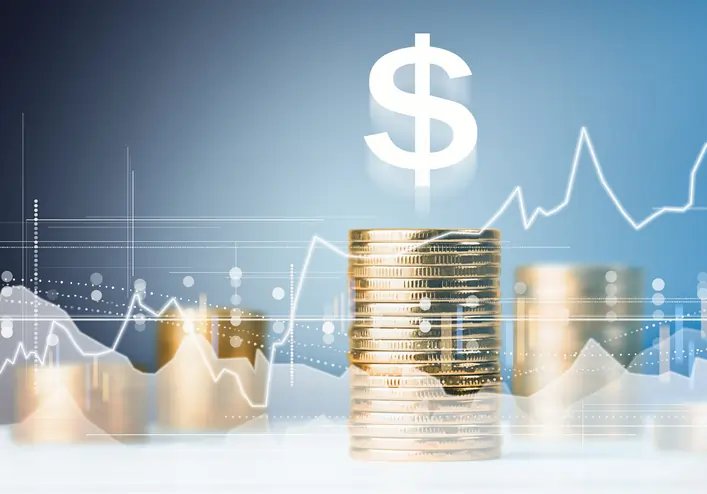How to make money in a recession


By Mindy Paul, high-performance coach and founder of Mind, Money and Business
Some of the world’s biggest economies have recently fallen into recession. It was officially confirmed last month that the UK economy entered recession at the end of 2023. Japan’s economy shrank during the same period. When these turbulent times hit, the media dictates our thinking and how we act. 24-hour news cycles bombard us with bleak predictions. Panic sets in. We become fearful, doubtful, and start to retreat. Many business owners go into survival mode and take less risk. But times of recession can offer a huge opportunity to rethink the way we do things, to come up with a plan to push things forward. In fact, many millionaires are made during times of recession and adversity.
A huge part of this is about mindset. Thinking for ourselves. Thinking outside the box. Success is an inside job, so we can’t allow outside circumstances to do the thinking for us. After Covid hit in 2020, my company could have been crippled because our model had been based on live events. But instead of panicking, we used our imagination and got creative, and were able to pivot to an online model. We reacted quickly while similar companies were still reeling and worrying about how to respond. This not only saved the company but, in the long term, helped us reduce costs and massively expand the number of clients we were working with. Rather than being our downfall, it triggered our success.
Because in every adverse situation, there’s an opportunity. Why, for example, do you see successful business people purchase businesses that are losing money? To the average person, this may seem like a bad idea. But it was Richard Branson who said the best time to buy a new business is when it’s being run badly by others. People like this think differently. They see an opportunity. Why is this business failing and what can I do to capitalise?
For a lot of people, if they have a problem, that’s often all they see: the problem. But a problem and a solution exist side by side. And to find that solution, the first step is changing the way we think. Our conditioning and how we are subconsciously programmed.
Our subconscious operates without conscious awareness, influencing our decisions, actions, and habits. Just like an aeroplane has an autopilot system that keeps it on course, we all have a mental autopilot system. And many of us are ‘programmed’ to focus on the problem. We have naturally trained our brains to be this way over many years, and when we do this, rather than solving anything, the problem just tends to get bigger and bigger. But we can equally train ourselves to focus on solutions.
And where can we find the solutions we need to take advantage in times of recession? We can find them by learning about how our industry is changing. By learning from our own mistakes and the experiences of others who work in the same or similar industries. We can find them by listening to our customers and what they expect as circumstances change. By looking at what we offer our customers and examining what exactly it is that they need. In the answers to these questions lie not only how to stay in demand during troubled times, but become even more in demand.
The more we shift our mindset – and start thinking along these lines – the more our subconscious mind is going to work towards overcoming the problem. This takes time and repetition, commitment and determination, because our subconscious minds weren’t built overnight. Subconscious programming has to be done correctly, in a certain way, with certain steps and over a certain period of time. But ultimately, the key to finding solutions is within us.
Once a solution has been found, it’s important to be flexible and act quickly. A key part of this is surrounding ourselves with the right people. As a CEO or founder, you want to work with people who share your mindset because they will be an important part of creating the right culture for success. People who are open-minded and proactive, who are able to nimbly adapt when there is a need for it, are key.
By tapping into your imagination and focusing on solutions rather than problems, we can override the negativity and panic, and take advantage of gaps in the market. Because ultimately for every economic downturn, there will eventually be an upswing. And if you’re able to do this – and act quickly – you will put yourself in a position where you can reap the benefits.
A recession is a significant decline in economic activity across the economy that lasts for an extended period, typically visible in GDP, income, employment, manufacturing, and retail sales.
Economic growth refers to an increase in the production of goods and services in an economy over a period, often measured by the rise in GDP.
Investment opportunities are chances for individuals or businesses to invest their money in various assets or ventures with the expectation of generating a return.
A financial crisis is a situation in which the value of financial institutions or assets drops significantly, leading to a loss of confidence and potentially resulting in economic downturn.
Innovation in finance refers to the development of new financial products, services, or processes that improve efficiency, accessibility, and customer experience in the financial sector.
Explore more articles in the Finance category
